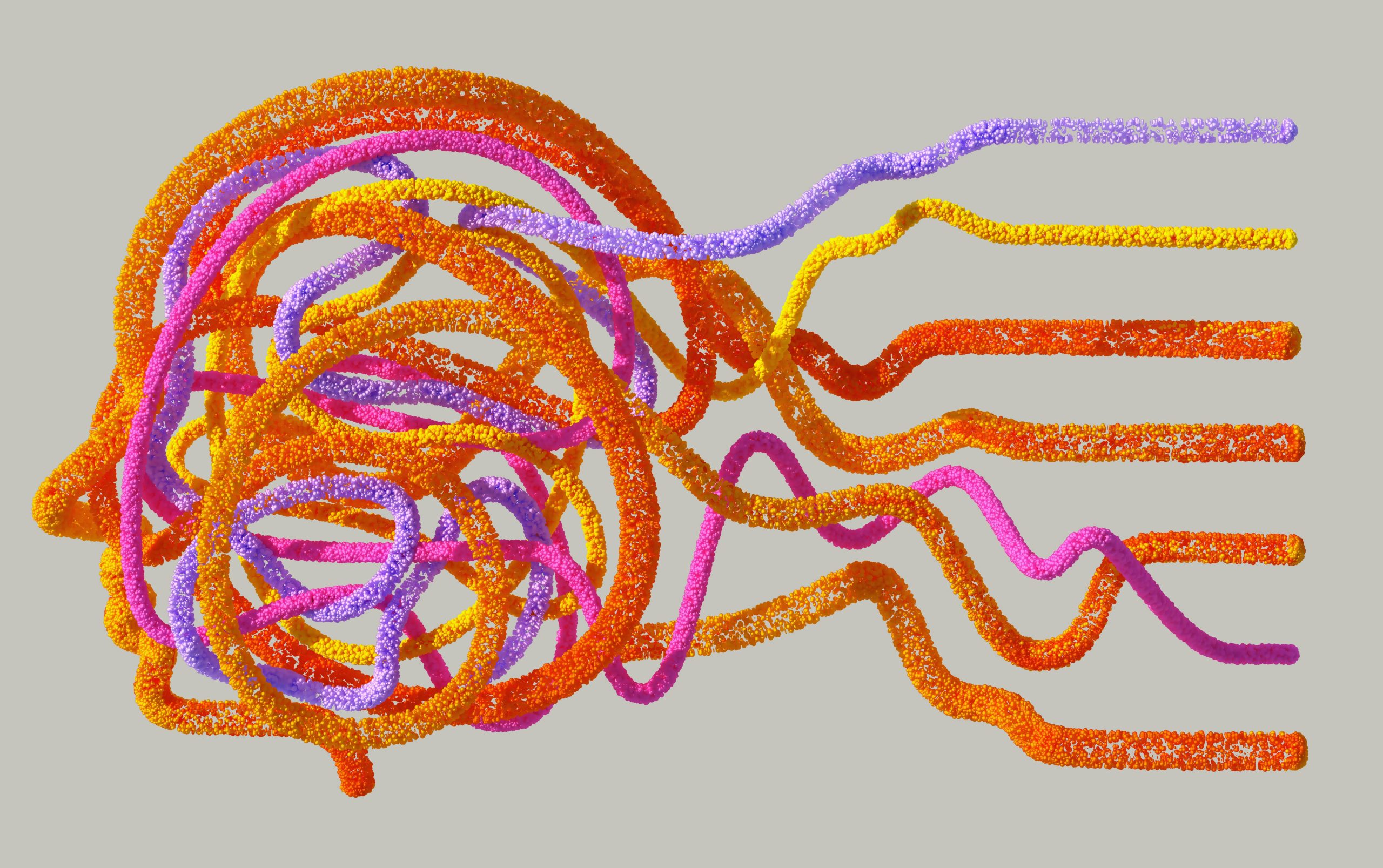You may have seen headlines recently. Everyone is excited by AI agents. They’re transforming technology stacks and businesses by introducing autonomy, intelligence, and adaptability. Unlike traditional AI systems, these agents act independently, learning from interactions and making decisions without constant human input. This article explores the concept of AI agents, their benefits, functionality, and the potential they hold for the future.
So, What Is an AI Agent?
An AI agent is an autonomous system designed to analyze data, make decisions, and interact with users or environments. Unlike traditional AI systems that follow strict, pre-programmed instructions, AI agents can independently process information, adapt to changes, and provide tailored solutions.
A traditional chatbot, for example, answers specific queries like “What are your store hours?” based on predefined rules. An AI agent, on the other hand, not only answers questions but also makes suggestions, such as recommending a hot drink on a cold day or recalling a customer’s favorite meal from previous visits.
Features of AI Agents
AI agents are defined by their ability to operate with autonomy, understand context, and offer personalized interactions. They use tools like APIs and databases to provide relevant information and take appropriate actions. Their design ensures they can learn and adapt, making them increasingly effective over time.
How AI Agents Work
AI agents combine various technologies to function autonomously. They gather and process data, understand user intent, and execute actions, all while learning from each interaction.
Data Collection and Learning
AI agents analyze data from past interactions, user preferences, and environmental factors. This enables them to recognize patterns and make predictions. For example, a food delivery AI might notice a customer’s habit of ordering pizza on Friday evenings and proactively suggest it the following week.
Intent Recognition
Using natural language processing (NLP), AI agents interpret user queries. They don’t rely on exact wording but instead understand the meaning behind questions. For example, whether a user asks, “When does the store close?” or “What are your hours?”, the agent recognizes the intent as a general inquiry.
Tool Integration
AI agents enhance their functionality by connecting to external tools and data sources. Weather APIs can provide real-time updates, while databases store user preferences. By integrating these tools, AI agents can deliver highly relevant responses. A shopping assistant, for instance, could recommend seasonal items based on current weather conditions.
Decision-Making and Execution
After processing data and intent, AI agents act on their findings. A logistics AI might reroute deliveries based on traffic conditions, or a virtual assistant might schedule a meeting by analyzing calendar availability.
Continuous Improvement
AI agents refine their behavior over time through feedback loops. Each interaction provides new data, helping the agent improve its responses and decision-making capabilities.
Key Benefits of AI Agents
AI agents bring significant advantages to both businesses and individuals. They streamline operations, enhance customer experiences, and save resources.
One major benefit is their ability to automate repetitive tasks, freeing up human workers for more complex responsibilities. In customer service, for example, AI agents handle routine inquiries, while human representatives focus on resolving unique or high-stakes issues.
They also provide a highly personalized experience. By analyzing user behavior, AI agents can offer recommendations or anticipate needs. A video streaming service might suggest shows based on a user’s viewing history and preferences, while a financial planning agent could recommend savings strategies tailored to individual goals.
Organizations see cost savings by reducing the need for extensive human labor and streamlining operations. AI agents perform tasks consistently and at scale, ensuring efficient handling of large volumes of work. Additionally, their ability to make real-time decisions allows businesses to respond quickly to changing conditions, whether it’s adjusting supply chains or addressing customer concerns.
The Future of AI Agents
AI agents are set to become even more integral across industries as their capabilities continue to expand. They are already being used in areas like healthcare, retail, and finance, and their potential applications are virtually limitless.
In healthcare, AI agents assist with patient monitoring, administrative tasks, and personalized care plans. Retailers use them as virtual shopping assistants to help customers find products and track orders. In finance, they automate processes like fraud detection and financial advising.
As these systems become more advanced, they will handle increasingly complex tasks. Future AI agents may coordinate across multiple platforms and systems, offering seamless solutions without the need for human oversight.
Integration with smart devices and the Internet of Things (IoT) will further expand their capabilities. AI agents in smart homes could manage energy consumption or provide security updates, while those in smart cities might optimize traffic flow or manage public utilities.
Advancements in emotional AI and natural language processing will make interactions more human-like. AI agents will better understand tone, intent, and emotion, enabling them to respond with greater nuance and empathy.
Challenges and Ethical Considerations
While AI agents offer immense potential, they also raise important challenges. Data privacy remains a significant concern, as agents rely on access to personal and contextual information to function effectively. Developers must ensure this data is handled responsibly and securely.
Bias in training data can lead to unfair or inaccurate decisions. Addressing these biases is critical to building systems that are equitable and reliable. Ensuring AI agents perform consistently and manage unexpected scenarios also requires ongoing development and testing.
Striking the right balance between autonomy and control is another key consideration. While AI agents are designed to operate independently, they must function within clear guidelines to prevent misuse or unintended consequences. Developers need to establish boundaries that allow agents to act intelligently while maintaining accountability.
Conclusion
AI agents represent a transformative leap in technology, combining intelligence, autonomy, and adaptability to improve efficiency and user experiences. They stand out for their ability to analyze context, learn from interactions, and make decisions, offering valuable solutions across industries.
As technology continues to evolve, AI agents will play an increasingly important role in shaping the way we live and work. Their potential is vast, but careful development, ethical oversight, and a commitment to fairness will be essential in realizing it fully.



